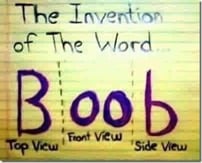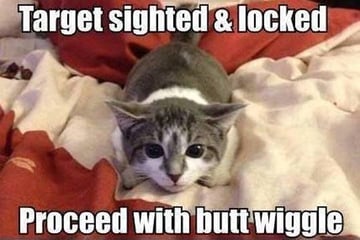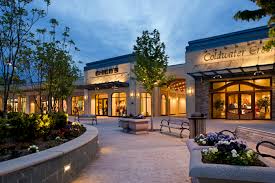 These three terms - fusion deals, pari passu, and A/B notes - are all important and common terms in the CMBS industry
These three terms - fusion deals, pari passu, and A/B notes - are all important and common terms in the CMBS industry
You will recall that the term, "CMBS", is short for commercial mortgage-backed securities. CMBS loans are large commercial real estate loans that are originated by banks and conduits according to very strict, published guidelines. CMBS loans are very large loans - typically larger than $5 million - and they are usually secured by loans on the four basic food groups - multifamily buildings, office buildings, retail buildings, and industrial buildings.

When $2 billion to $3 billion of new CMBS loans can be assembled, the commercial loans are assigned to a trust. This trust is NOT an operating company. The trust is not allowed to think. Instead, the trustee of this trust has to play as dumb as a tree. Really? Yup. The trust can ONLY do what the trust agreement says.
Example:
Suppose Joe Rich owns a shopping center with some excess land. The shopping center is worth $10 million, and the CMBS loan is $6 million. Joe Rich contacts the trust company that is servicing his CMBS loan. "Out of my own pocket, I would like to build a three-unit extension to the shopping center. The value of the shopping center will increase to $13 million. The trustee replies, "Sorry, but if you add any buildings, it will constitute a violation of your loan covenants. We will be forced to accelerate your loan (immediately demand full repayment) and apply a $1.1 million defeasance prepayment penalty." No way! Yes way. The trust is not allowed to think.

The trust then issues bonds (securities), backed by the commercial loans in the trust. These bonds are then sold by investment bankers, like Goldman Sachs or Morgan Stanley, to investors - like insurance companies, pension plans, and wealthy family trusts. The banks and conduits, which originated the CMBS loans, get their money back, and the whole process starts all over.
The CMBS industry competes against life insurance companies for the largest and nicest commercial real estate loans in America. If you pick out any nice skyscraper or huge shopping center in America, you can bet that the property is financed by either a life insurance company or a CMBS loan.
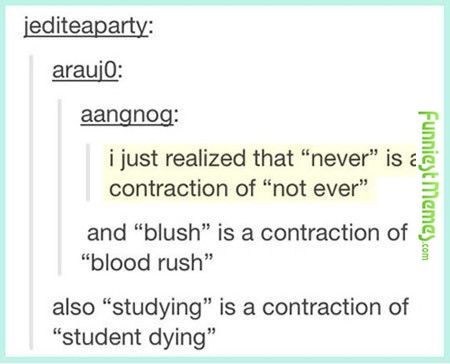
The life insurance companies almost always win. Think of it this way. Jennifer Aniston was a lovely lady, but when Angelina Jolie set her sights on Brad Pitt, well ... Angelina got the man she wanted. It's the same thing in commercial real estate finance. CMBS loans have terrific terms, but if MetLife wants the loan on a particular power center, well ... MetLife will get the loan. Fortunately for the CMBS industry, life companies only have a limited appetite. They simply don't have enough dough to make every large commercial real estate loan in the country.
But wait a minute. Suppose a 30-year-old office tower in New York City has a $300 million balloon payment coming due. What if none of the large life companies want to do the deal? Could the CMBS industry handle a $300 million loan? After all, the typical CMBS offering is only on the order of $2.5 billion. That means a single loan could represent more than 10% of the entire CMBS offering. Yikes! Then think about an act of terrorism. Suppose terrorists blew up the building. The investors in that pool of CMBS loans would take an immense loss - far too large to be tolerable.

This is how the investment bankers handle big loans. Let's use a $70 million loan as our example. The investment banker (think Morgan Stanley) starts by taking the $70 million loan and splitting it into a $50 million "A-piece" and a $20 million "B-piece". The A-piece would obviously get paid before the B-piece. Only the $50 million A-piece would be added to the $2.5 billion CMBS offering, making that one large loan only around 2% of the total offering. The $20 million B-piece would be sold to a private buyer. This kind of structure was called an A/B Note.
The problem with the A/B Note structure, however, was two-fold. First, it only worked on loans up to around $100 million. After that, the A-piece was simply too large to put into a single CMBS offering. Secondly, the B-piece was often hard or expensive to sell.

Therefore the investment banks came up with the concept of pari passu notes. Pari passu is Latin for "on equal footing." Issuers of commercial mortgage-backed securities now often split large loans into a series of smaller notes, each note being equally entitled to a pro rata share of any payments received. For example, a $200 million loan might be split into 5 pari passu notes of $40 million each, with each note going into a different CMBS offering.
Most CMBS offerings today are fusion deals. A fusion deal is a CMBS offering with one very large pari passu note - perhaps as high as $120 million - and forty or so smaller deals of $5 million to $20 million.

Hey guys, if you learned something today, would you please give me a Linked In Share. Linked in likes don't do a lot for me because, while the likes are a generous atta-boy for my hard work, they don't introduce me to new commercial real estate professionals. Linked In shares, however, get viewed by your followers. Thanks!! This article was a hard one.

Did you give me a Linked In share? :-)













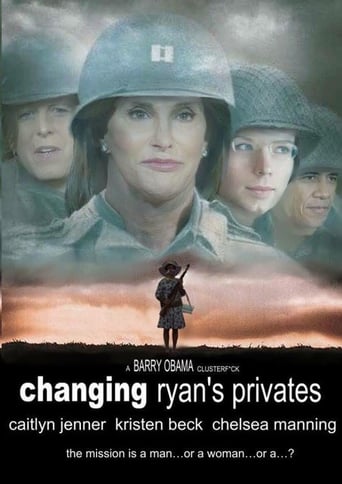

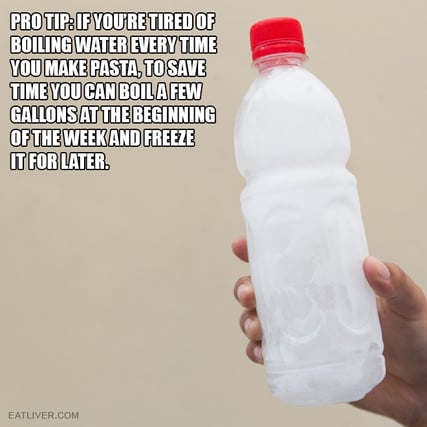









 You will recall that
You will recall that 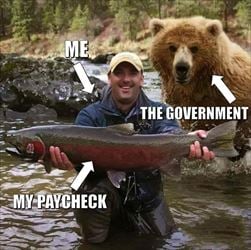




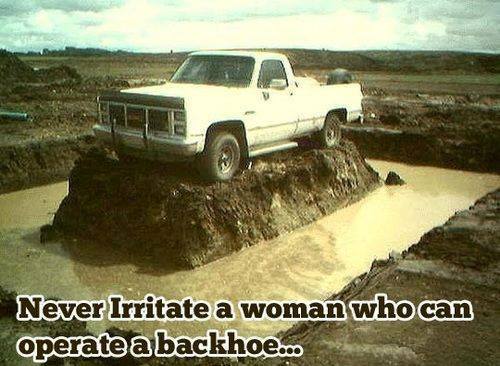



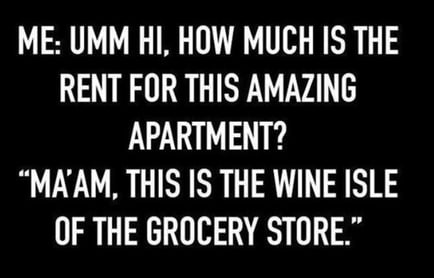
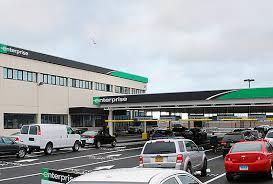 Suppose ABC Rent-a-Car wants to build a commercial building on a specific, high-traffic-count lot in the City. ABC Rent-a-Car offers to buy the land from the property owner, but the commercial property owner wants to leave this valuable commercial lot to his grandchildren and great-grandchildren. He refuses to sell.
Suppose ABC Rent-a-Car wants to build a commercial building on a specific, high-traffic-count lot in the City. ABC Rent-a-Car offers to buy the land from the property owner, but the commercial property owner wants to leave this valuable commercial lot to his grandchildren and great-grandchildren. He refuses to sell.


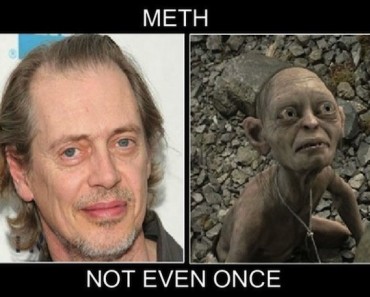

 A majority of all commercial properties today are owned by limited liability companies (LLC's). The reason why goes back to a bizarre personal injury action in the 1970's.
A majority of all commercial properties today are owned by limited liability companies (LLC's). The reason why goes back to a bizarre personal injury action in the 1970's.














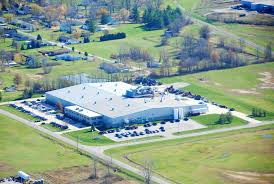 The USDA Business and Industry Loan Program is quite similar to the SBA 7a Loan Program. When would a borrower apply for a USDA B&I loan, rather than an SBA 7a loan? What's the difference?
The USDA Business and Industry Loan Program is quite similar to the SBA 7a Loan Program. When would a borrower apply for a USDA B&I loan, rather than an SBA 7a loan? What's the difference?
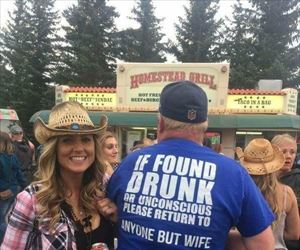

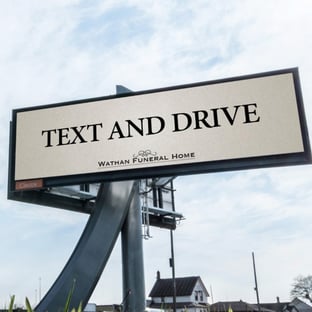
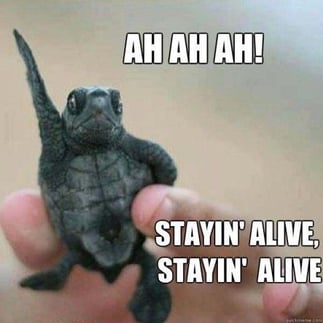



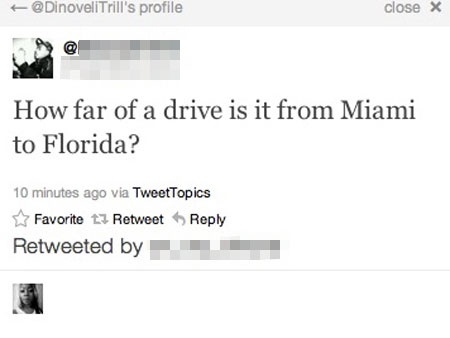


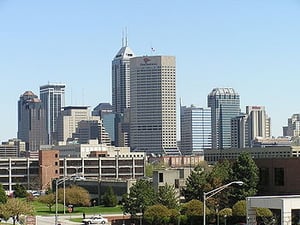 Few commercial banks, based on the East coast or the West coast, realize the strength of the economy in the Midwest. "Cookin' with gas" is an understatement. This article will give you some ammunition when trying to convince some nationwide commercial lender to approve your Midwest commercial loan.
Few commercial banks, based on the East coast or the West coast, realize the strength of the economy in the Midwest. "Cookin' with gas" is an understatement. This article will give you some ammunition when trying to convince some nationwide commercial lender to approve your Midwest commercial loan.
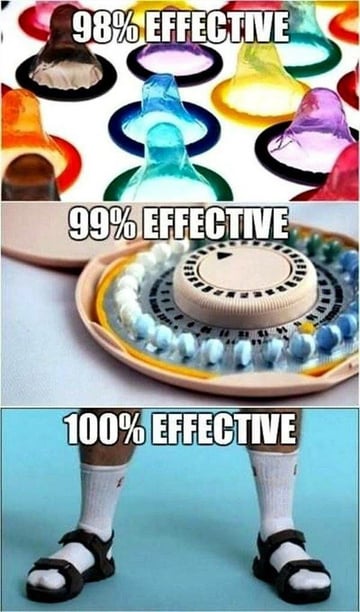
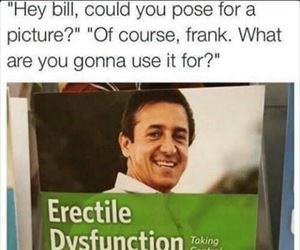











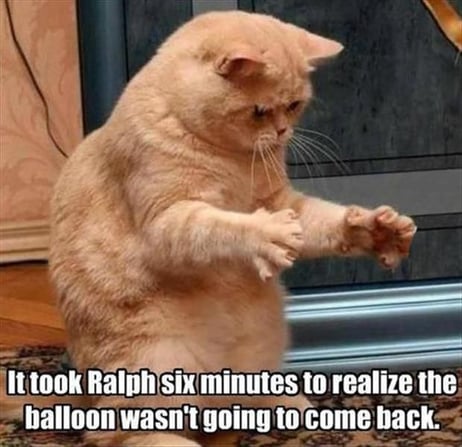

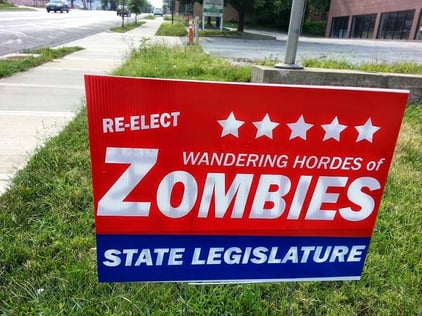
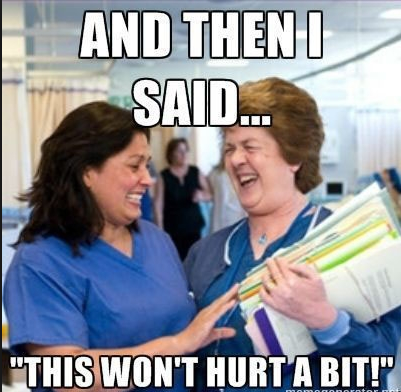


 You will spot the line item, Effective Gross Income, in the top third of any Pro Forma Operating Statement. By the way, a
You will spot the line item, Effective Gross Income, in the top third of any Pro Forma Operating Statement. By the way, a 





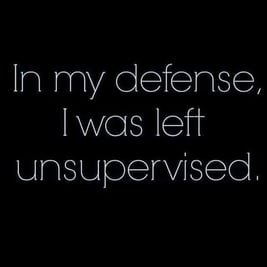

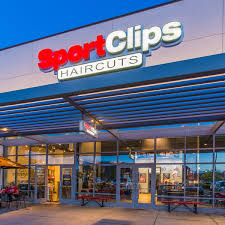 You own a four-unit strip commercial center that was 100% vacant just three years ago. You hired a superb leasing agent, who convinced you to offer one year's free rent upon the execution of a five-year lease. Your strip center quickly leased up, and it is now 100% leased to a liquor store, a karate studio, a nail salon, and a Sports Clips (barber shop for men). Each unit now pays you $3,000 per month. Life is grand.
You own a four-unit strip commercial center that was 100% vacant just three years ago. You hired a superb leasing agent, who convinced you to offer one year's free rent upon the execution of a five-year lease. Your strip center quickly leased up, and it is now 100% leased to a liquor store, a karate studio, a nail salon, and a Sports Clips (barber shop for men). Each unit now pays you $3,000 per month. Life is grand.
